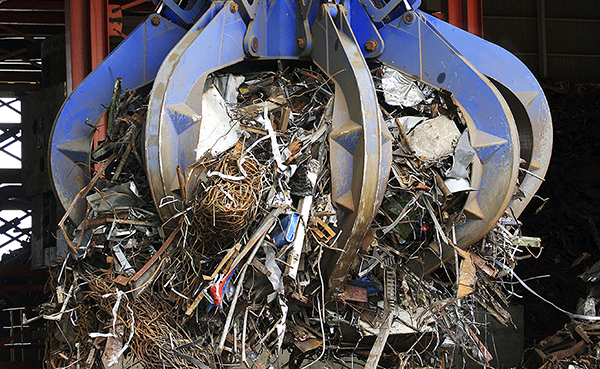The scrap futures contract on the London Metal Exchange dedicated to Turkish imports continues to face some challenges despite support in the market from key players.
At Wednesday’s Kallanish International Steel Scrap virtual conference, Koray Gunay, purchasing manager at Turkey’s Colakoglu, noted that his company is still supportive of the idea of having a futures contract that can be used to hedge the physical market. However, there have been obstacles, he added.
“Last year we only hedged 30,000 tonnes of our scrap with the contract, a very limited amount,” Gunay said. “The problem is the volumes traded are quite small and we see a $10/tonne difference between buy and sell. If you try to sell many thousand tonnes, the spread between buy and sell is reaching such a high level that it becomes difficult to use the contract. We hope more volumes traded will mean a better contract and lower spreads, but problems are now still existing.”
Last year the equivalent of over 2.8 million tonnes of scrap was traded using LME scrap steel futures. The level was some 400,000t below 2019 figures and still only a fraction of the 22.5mt of scrap physically imported by Turkey in 2020.
In January this year volumes traded surpassed the equivalent of 300,000t, the highest number seen since May 2020, according to data from the LME.
Emanuele Norsa Italy






